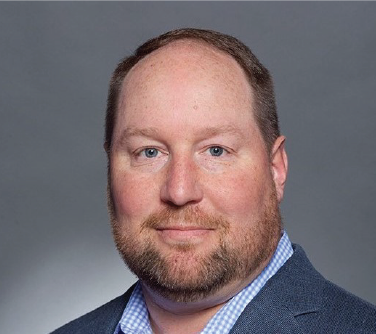U.S. Oregon HB3034 Amendments to the Toxic-Free Kids Act

Vol. 1442 | 10 Dec 2024
Oregon's HB3043 Enhances Toxic-Free Kids Act
The HB3043 was passed by the Oregon Legislature in 2023. It modified the existing 2015 Toxic Free Kids Act, requiring manufacturers to report children's products by brand name and product model and changes the reporting deadline.
Following the passing of HB3043, the Oregon Health Authority (OHA) issued a notice of proposed rulemaking on October 31, 2024. This proposal aims to implement the provisions of HB3043 and review the High Priority Chemicals of Concern for Children's Health (HPCCCH) list.
Key Updates to the proposed rulemaking:
-
New Chemicals Added
The following new high-priority chemicals of concern for children's health have been added to the list. These are also aligned with those identified by the Washington State’s Children’s Safe Products Act (CSPA):
- Di-(2-methoxyethyl) phthalate (DMEP) (117-82-8)
- Tris (2,3-dibromopropyl) phosphate (TDBPP) (126-72-7)
- Tri-n-butyl phosphate (126-73-8) (TNBP)
- Dipentyl phthalate (131-18-0) (DPP)
- Perfluorooctanoic acid and related substances (PFOA) (335-67-1)
- Tricresyl phosphate (TCP) (1330-78-5)
- Bis (2-ethylhexyl) tetrabromophthalate (TBPH) (26040-51-7)
- Bis(chloromethyl)propane-1,3-diyl tetrakis-(2-chloroethyl) bis(phosphate) (V6) (38051-10-4)
- Isopropylated triphenyl phosphate (IPTPP) (68937-41-7)
- Decabromodiphenyl ethane (DBDPE) (84852-53-9)
-
Reporting Requirements
Manufacturers must report children's products containing HPCCCH by brand name and product model. Product model refers to the specific product name used by the manufacturer to place the product into the stream of commerce. Instead of reporting the highest level of each chemical that is present, the chemical concentration ranges will need to be reported individually for each component part that includes a reportable chemical. -
Revision of Request Date
The revised reporting deadline is now January 31 of even-numbered years, as per the legislation. This change will take effect on January 1, 2025, and will impact the reporting cycle due January 31, 2026, for products sold in 2024 and 2025. -
Exemptions and Enforcement
Manufacturers can now add chemically identical product models to an approved exemption list. The revised requirements clearly outline the conditions under which manufacturers may be considered non-compliant. -
Triennial Resubmission
Manufacturers must resubmit Hazard Assessments (HA) for chemical substitutions every three years. Products sold with substitute chemicals not covered by an approved HA will be considered in violation. Manufacturers are exempt from submitting a third HA if the substitute chemical has been approved for six years.
Latest Update:
On December 22nd, a Permanent Administrative Order (PAO) PH 119-2024 (Chapter 333) was passed, to amend the administrative rules related to the Toxic-Free Kids Act.
For questions, please contact Harini Ramaswamy (harini.ramaswamy@intertek.com ) and Andrew Loveland (andrew.loveland@intertek.com)


